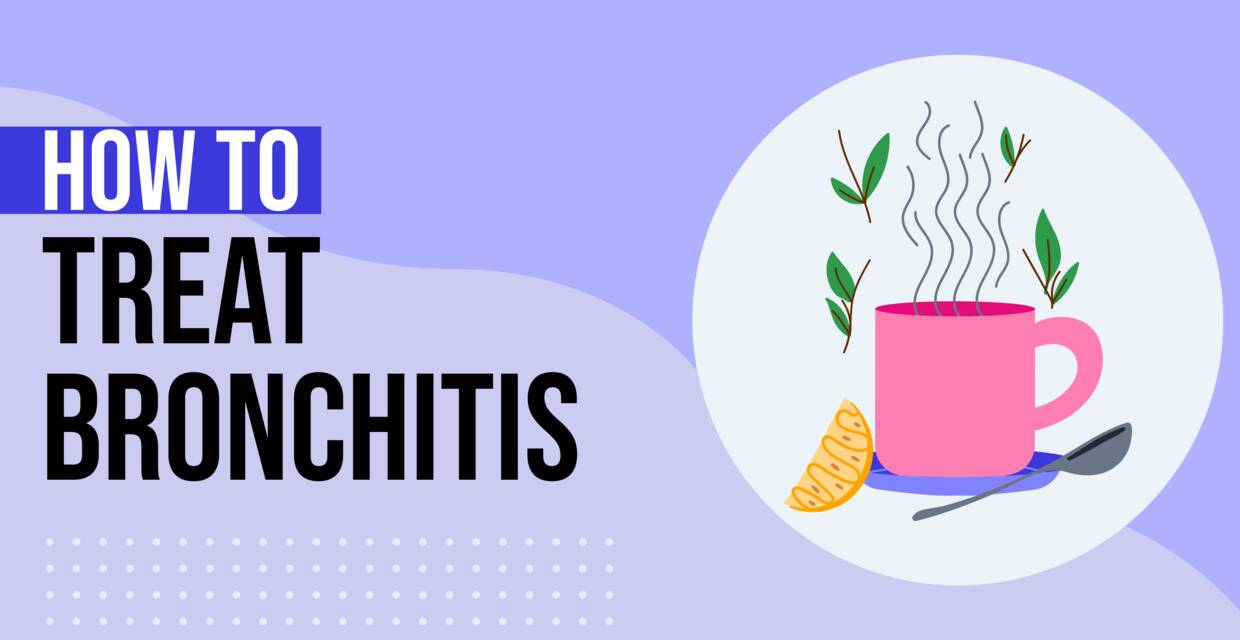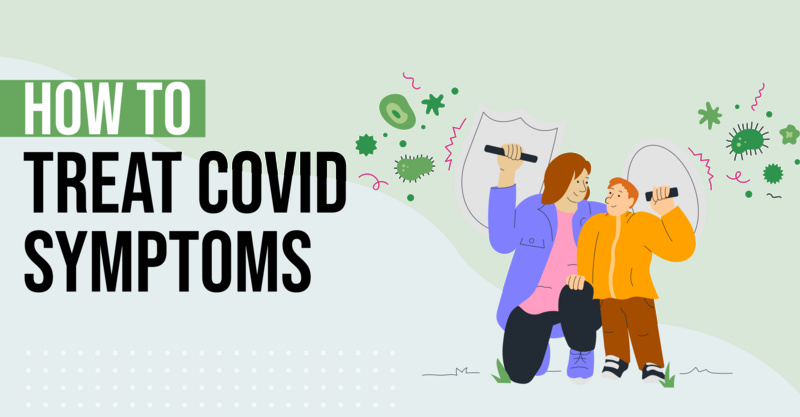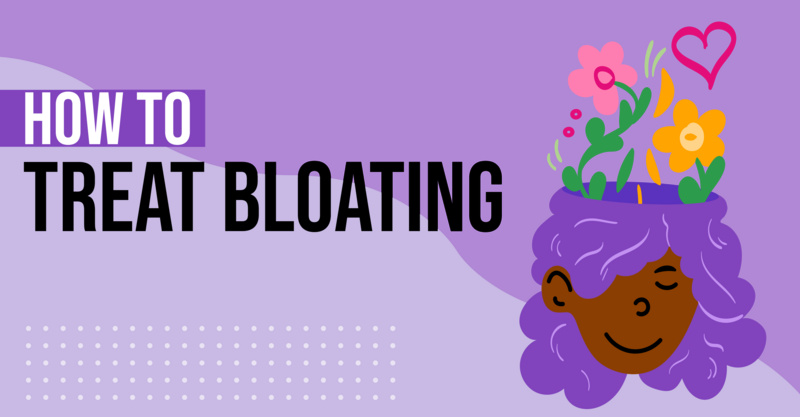Key Points
- Bronchitis is a respiratory illness that inflames the bronchial tubes, leading to symptoms like a persistent cough, shortness of breath, and fever.
- The illness can be caused by a virus, bacteria, or exposure to irritants like smoke or air pollution.
- Home remedies for managing bronchitis symptoms include staying hydrated, using over-the-counter medications, inhaling steam, and avoiding irritants.
- If symptoms persist for more than three weeks, or involve severe symptoms like a high fever or coughing up blood, medical attention should be sought.
- Preventive measures against bronchitis include frequent handwashing, avoiding close contact with sick people, quitting smoking, and getting vaccinated against the flu and pneumonia.
Bronchitis is a respiratory illness that causes inflammation in the bronchial tubes, which carry air to and from the lungs, according to the Mayo Clinic. They note that while bronchitis can be caused by a virus or bacteria, it can also result from exposure to irritants such as smoke or air pollution. Fortunately, there are several home remedies that can help you find some relief from the symptoms of bronchitis and set you on the path to recovery.
Recognizing The Symptoms of Bronchitis
According to the Cleveland Clinic, when your airway gets irritated it triggers an immune response. This leads to several symptoms, including the following.
- A persistent cough that can last for 1 to 3 weeks, according to the Cleveland Clinic
- Shortness of breath
- Wheezing
- Fever and chills
- Runny nose
- Fatigue
- Chest discomfort
- Mild headache and body aches
The Mayo Clinic notes that bronchitis can cause either a dry cough or a cough that produces mucus. The mucus can be clear, white, yellow, or green. In some (rare) cases it may be streaked with blood. A productive cough for at least three months is considered chronic bronchitis according to the Mayo Clinic.
Home Remedies for Bronchitis
If you have bronchitis, you’ll likely be experiencing symptoms like coughing and wheezing. While some cases of bronchitis require medical attention, there are several at-home remedies you can try to help relieve your symptoms and recover from mild bronchitis.
1. Keep Hydrated and Well-Rested
One of the most important things you can do when you have bronchitis is to rest and stay hydrated, according to the Cleveland Clinic. They note that fluids like water, tea, and soup can help keep your body hydrated. Resting will help your body fight off the infection.
2. Try Over-The-Counter Medications
There are several over-the-counter medications you can take to relieve bronchitis symptoms, according to the Cleveland Clinic. Pain relievers like ibuprofen or acetaminophen can help reduce fever and relieve aches and pains. Cough suppressants and expectorants can also help with reducing coughing and loosen any mucus in your lungs.
3. Use Steam From a Hot Shower or a Humidifier
Breathing in steam can help loosen mucus and relieve congestion, according to the Cleveland Clinic. You can do this by either taking a hot shower or bath or using a humidifier or vaporizer to add moisture to the air.
You can also try putting hot water in a bowl, covering your head with a towel, and inhaling the steam, according to Healthline. They note that adding a mentholated vapor rub to the hot water may also help.
4. Try Honey and Herbal Teas
Honey can help soothe a sore throat, according to Healthline. You can try adding honey to herbal teas like peppermint, ginger, or chamomile to help relieve bronchitis symptoms. You can also use herbal teas by themselves to soothe a sore throat that you may have from coughing.
5. Use Cough Drops and Throat Sprays For Throat Irritation
Cough drops and throat sprays can help relieve a sore throat and coughing, according to Healthline. They recommend looking for products that contain ingredients like menthol or eucalyptus, which can help soothe your throat and open up your airways.
6. Diffuse Essential Oils
Some essential oils like eucalyptus, peppermint, and tea tree oil can help reduce or relieve bronchitis symptoms, according to WebMD. You can try adding a few drops of essential oil to a bowl of hot water or a diffuser.
7. Use Saline Nasal Spray For Sinus Congestion
Using a saline nasal spray can help relieve congestion and dryness in your nasal passages, according to the Cleveland Clinic. They note that you should be sure to follow the instructions on the package and use the spray as directed.
8. Avoid Irritants Like Smoking, Dust, and Fires
Avoiding smoke, dust, and fires can help prevent further irritation to your lungs and airways. If you smoke, the Cleveland Clinic recommends that you try to quit or cut back. They also recommend that you avoid exposure to secondhand smoke, and wear a mask if you are exposed to dust or other irritants.
When to Seek Medical Care For Bronchitis
The symptoms of bronchitis can range from mild to severe, according to the Mayo Clinic. They note that in most cases, bronchitis can be treated at home with rest, fluids, and over-the-counter medication. However, there are times when it is necessary to seek urgent care. The Mayo Clinic recommends seeing a doctor if:
- Your symptoms last more than three weeks
- Your symptoms prevent you from sleeping
- You have a fever higher than 100.4F
- You're coughing up discolored mucus
- You’re coughing up blood or blood-stained mucus
- You experience wheezing or shortness of breath
Children and the elderly are more vulnerable to complications from bronchitis. If you or a loved one falls into one of these categories, it is important to seek medical attention if you experience any symptoms of bronchitis.
Urgent Care or Emergency Room
Urgent care clinics are equipped to diagnose and treat a variety of illnesses and injuries, including respiratory infections like bronchitis. Additionally, with shorter wait times and extended hours of operation, urgent care clinics are a great choice for people who don’t have time to wait for an appointment with their primary care provider or need to get medical attention after normal business hours.
Tips for Preventing Bronchitis
According to the Cleveland Clinic, there are steps you can take to reduce your risk of developing bronchitis. Here are some of their tips to help you prevent bronchitis:
- Avoid close contact with people who are sick with a cold or flu.
- Wash your hands frequently with soap and water, or use an alcohol-based hand sanitizer if you are unable to wash your hands.
- Avoid touching your face, especially your eyes, nose, and mouth, as this can help prevent the spread of germs.
- If you smoke, quit. Smoking damages your lungs and weakens your immune system, making you more susceptible to infections like bronchitis.
- Get vaccinated against the flu and pneumonia. These vaccines are especially important if you have a weakened immune system or are over the age of 65.
- Avoiding exposure to air pollution and other irritants
Recap of Key Points
Bronchitis is a respiratory condition that can cause inflammation of the bronchial tubes, which leads to coughing, wheezing, and difficulty breathing, according to the Mayo Clinic. While most cases of bronchitis can be treated at home, some cases may require a trip to urgent care.
Important things to consider when treating your bronchitis at home are:
- Rest and stay hydrated to help your body fight off the infection.
- Use a humidifier or take a steamy shower to help loosen mucus and ease breathing.
- Over-the-counter medications such as cough suppressants and pain relievers can help relieve symptoms.
- Avoid smoking and exposure to secondhand smoke, as it can worsen bronchitis symptoms.
- If symptoms persist or worsen, seek medical attention.
Frequently asked questions
What causes bronchitis?
Bronchitis can be caused by a virus, bacteria, or exposure to irritants like smoke or air pollution.
What are the symptoms of bronchitis?
Symptoms of bronchitis include a persistent cough, shortness of breath, wheezing, fever and chills, runny nose, fatigue, chest discomfort, and mild headaches and body aches.
How can I manage bronchitis symptoms at home?
Home remedies for bronchitis include staying hydrated and well-rested, using over-the-counter medications, inhaling steam from a hot shower or humidifier, consuming honey and herbal teas, and avoiding irritants like smoke and dust.
When should I seek medical attention for bronchitis?
You should seek medical attention if your symptoms persist for more than three weeks, prevent sleep, include a high fever, or involve coughing up discolored mucus or blood.
Can bronchitis be prevented?
Yes, bronchitis can be prevented by avoiding close contact with sick people, frequent handwashing, avoiding touching the face, quitting smoking, and getting vaccinated against the flu and pneumonia.
Can bronchitis be treated at urgent care clinics?
Yes, urgent care clinics can diagnose and treat bronchitis.
What over-the-counter medications can be used for bronchitis?
Over-the-counter medications for bronchitis can include cough suppressants and pain relievers. However, it's important to consult with a healthcare professional before starting any medication.
Are there any dietary recommendations for managing bronchitis?
Consuming honey and herbal teas can help soothe the throat and relieve coughing. Staying hydrated is also important.
Solv has strict sourcing guidelines and relies on peer-reviewed studies, academic research institutions, and medical associations. We avoid using tertiary references.


 LinkedIn
LinkedIn










